The Historical Effects of Wealth Inequality
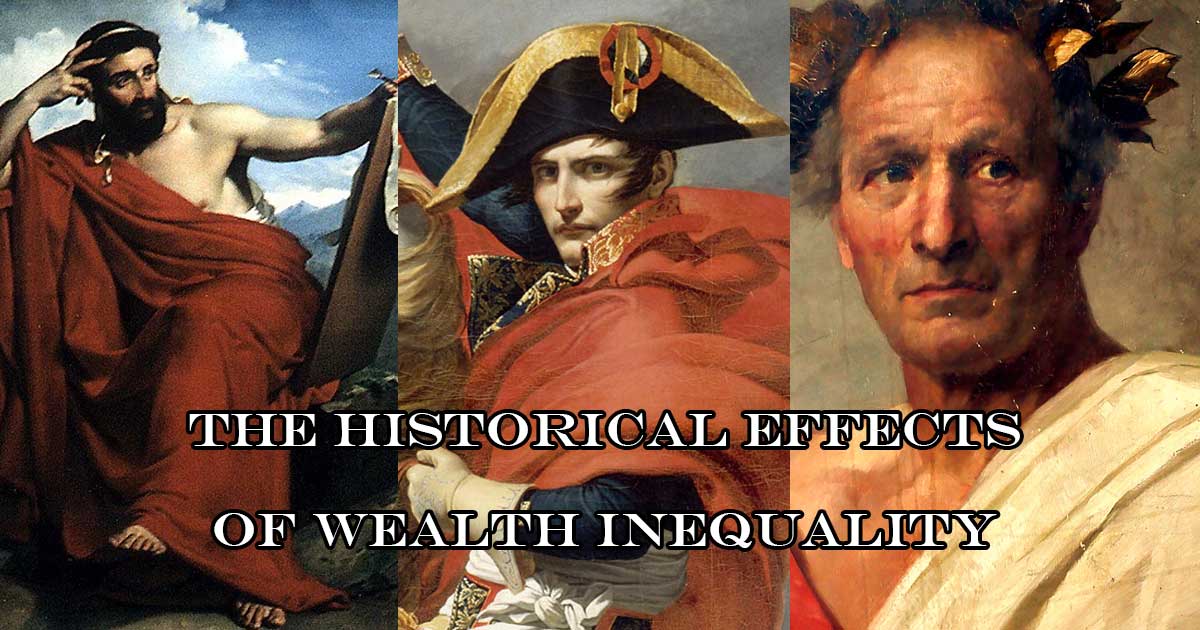
We examine the historical effects of social, political, and economic inequality on society to see how it has led to social unrest and events like revolutions and populist uprisings.
This section contains references and supplemental content related to FactMyth.com such as how to’s, infographics, and other explainers. If its not a fact or myth specifically, it is in this catch-all section.

We examine the historical effects of social, political, and economic inequality on society to see how it has led to social unrest and events like revolutions and populist uprisings.
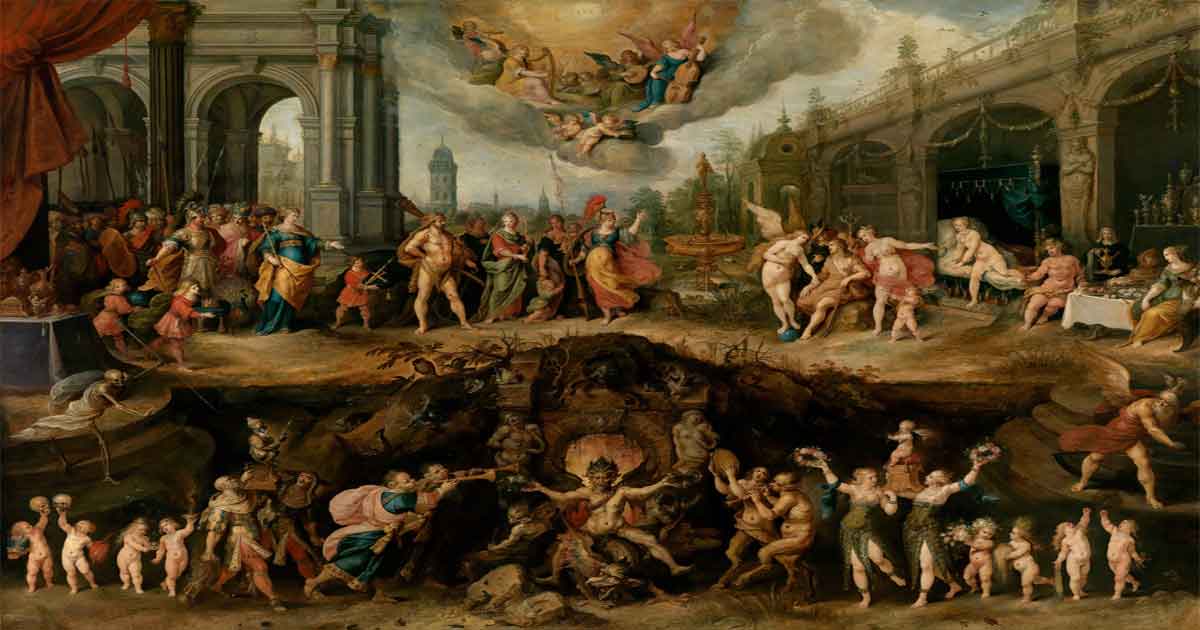
We present a list of vices and virtues and look at vices and virtues as understood by philosophers like Aristotle and Aquinas.
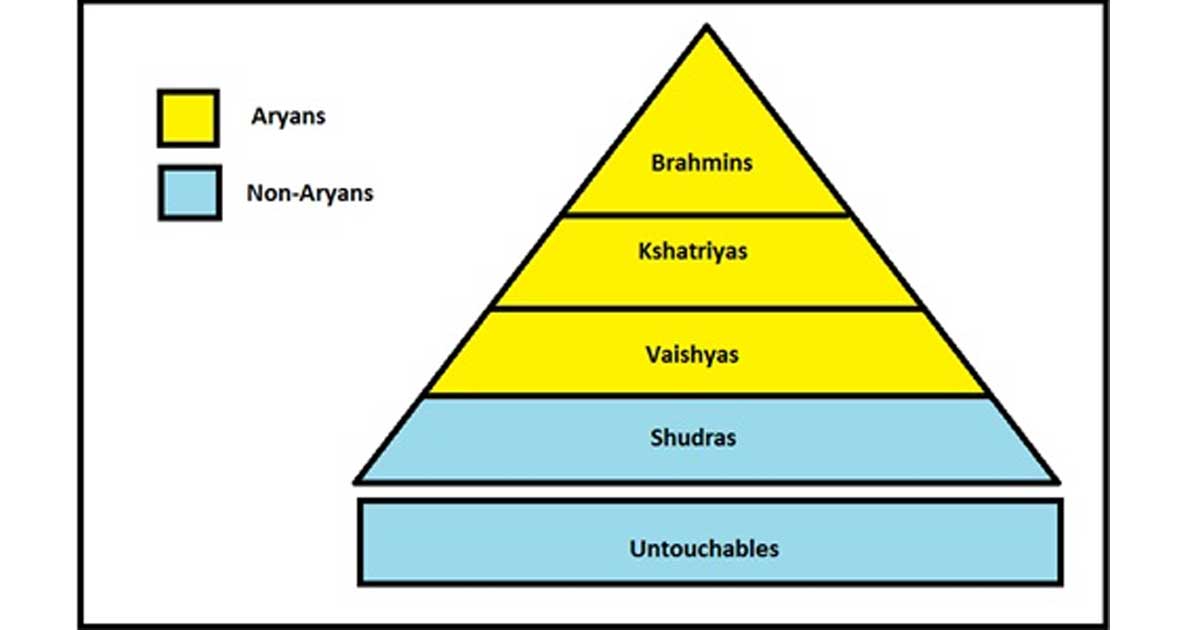
India’s caste system is a class system based on birth. These classes, or “Varnas”, are: Brahmins (priests), Kshatriyas (ruling and military), Vaishyas (merchants and farmers), Shudras (peasants), Dalits (untouchables).

Jean-Jacques Rousseau’s concept of the General Will roughly means “that which is in the best interest of the people” or “the public good”, and not just popular consensus.

Villains tend to have mustaches, not because facial hair is evil, but because despots style themselves after other despots.
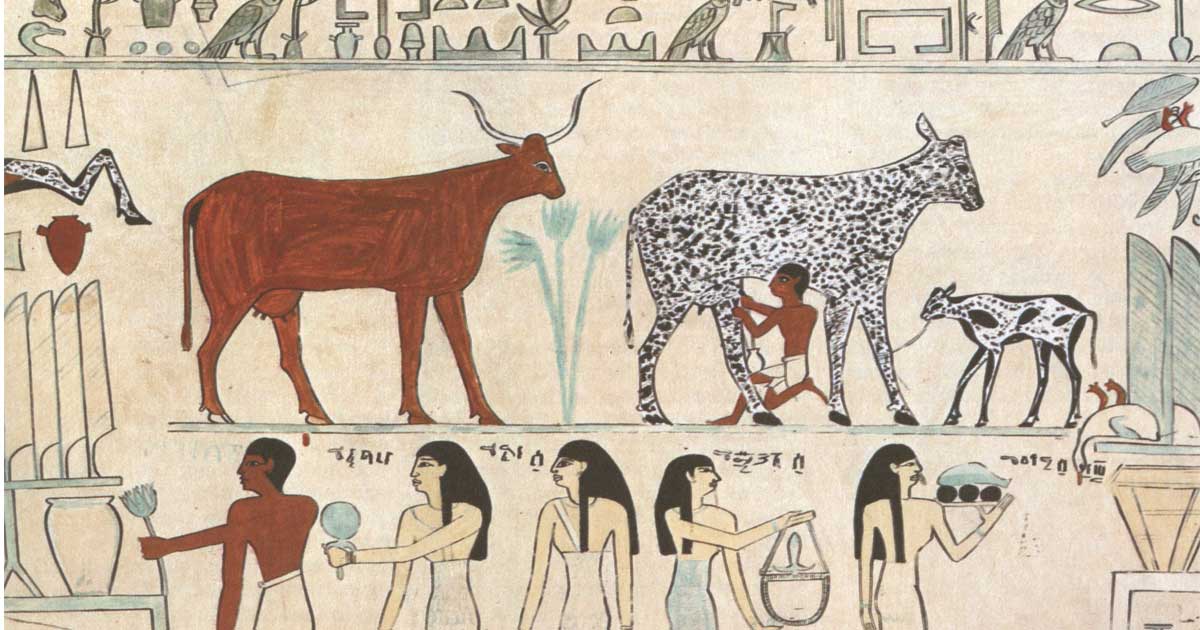
Naturally occurring social systems are systems that naturally arise when societies form, such as politics, economics, mathematics, and language.

The exact origin of the term politically correct isn’t known, although the earliest usage we could find was from 1793 Supreme Court Case Chisholm v. Georgia.
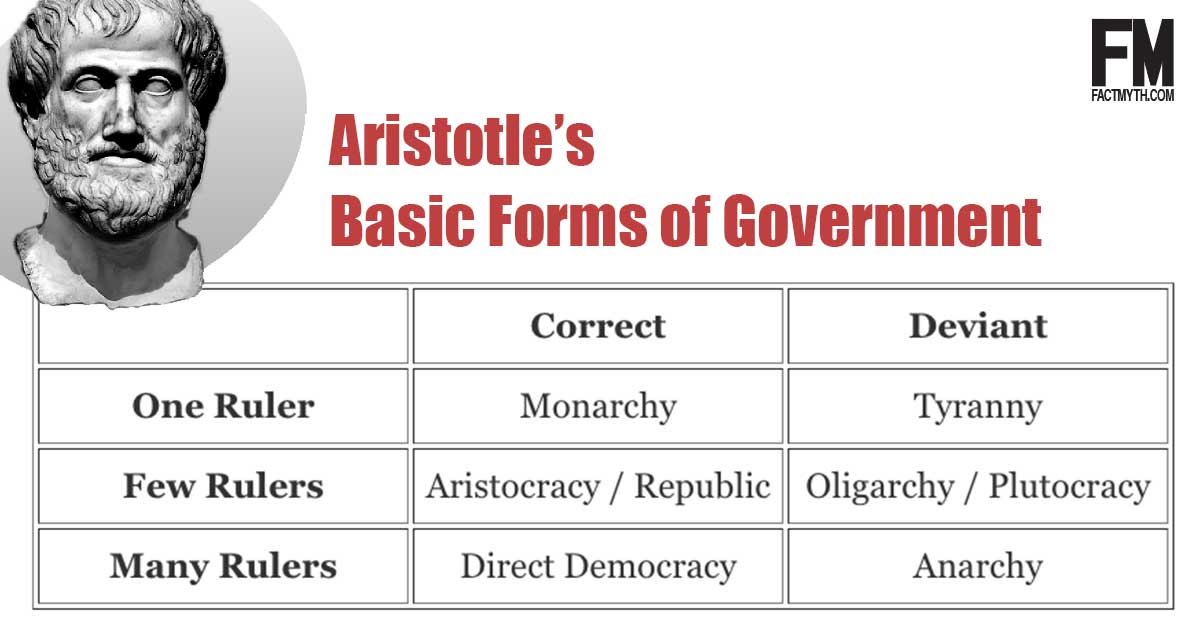
We explain and list the types of governments. We cover the basic classical forms of government, the many types of governments that can be derived from the classical forms, and the actual forms of governments in practice.
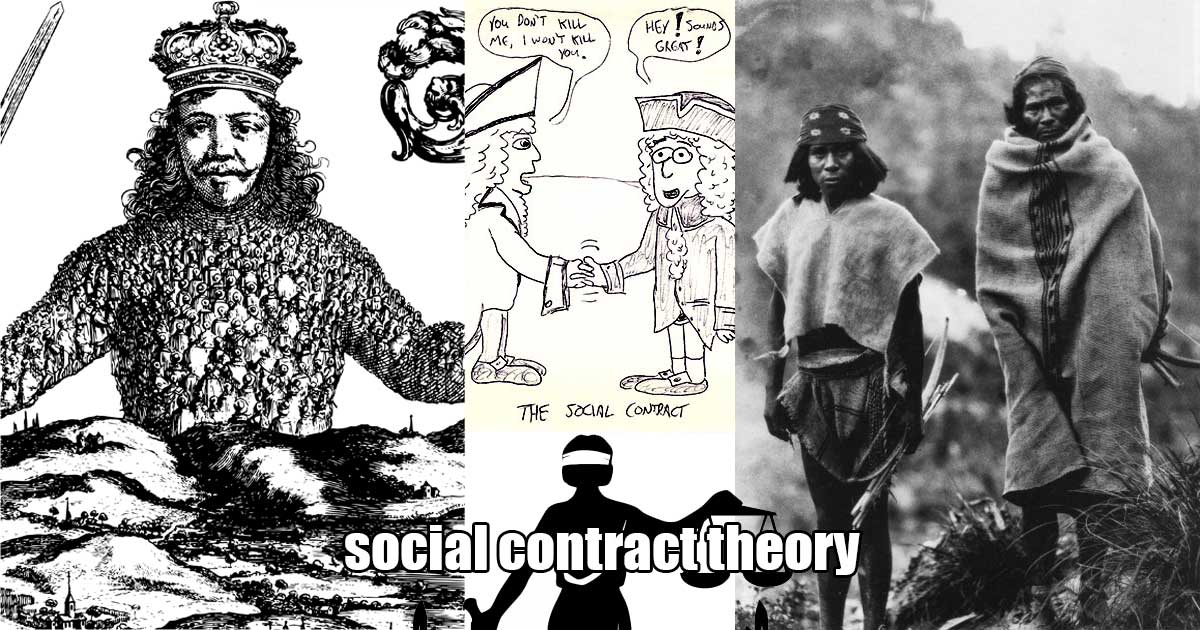
Social Contract Theory is the theory of why people form governments based on how people lived in a State of Nature before government.
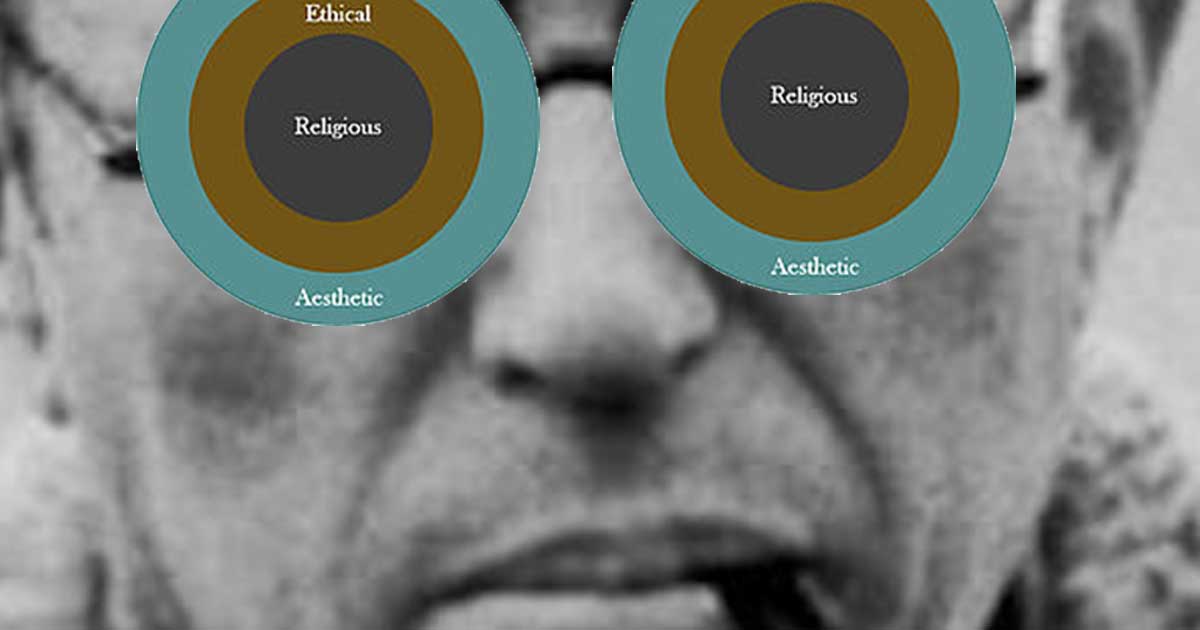
Essentialism is the idea that everything has an essence (something that “makes it, it”). Existentialism says there is no essence (no intrinsic meaning that can be confirmed by the senses or reason).